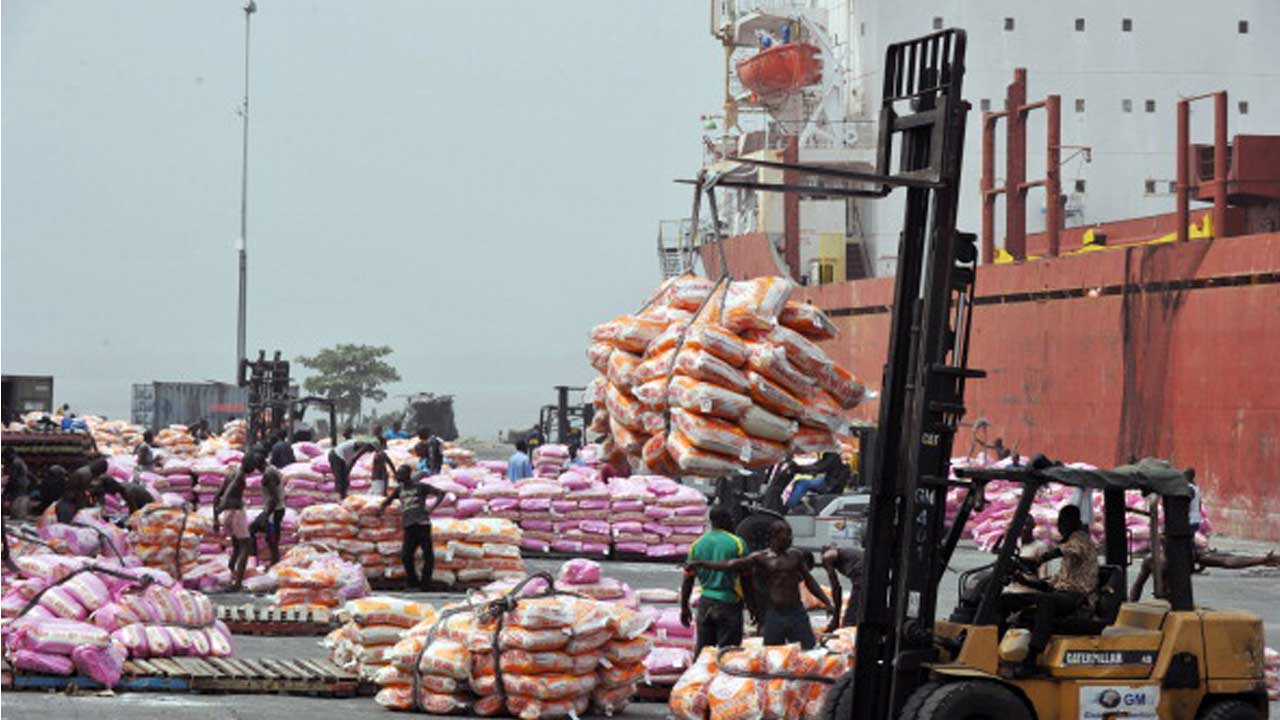Africa’s food import bill may surge to $110 billion by 2025, going by the current import reliance trend.
However, the African Union (AU), and the United Nations (UN), have canvassed unhindered trade integration among countries in the continent.
Stakeholders, who gathered at the Africa Trade Forum 2018, in Lagos, believe the continent would not meet its growth aspirations unless it supports the manufacturing sector, and enhances trade facilitation across borders. They harped on adequate utilisation of its water resources and massive investment in sea trade as well as exploiting the vast opportunities in agriculture.
National Country Director, TechnoServe, Larry Umunna, in his presentation, said: “Africa spent approximately $35 billion on food imports in 2016, and if left unchecked, the continent’s food import bill may surge to $110 billion by 2025.
“The continent is home to 50 per cent of the world’s cultivatable land, and has vast unexploited water resources and various agro-ecological zones,” he stated.
Meanwhile, the United Nations Economic Commission for Africa, said in its latest bulletin that, “the potential of the blue economy, which incorporates a range of productive sectors in trade and marine services, is presently underutilised.
“Approximately 90 per cent of Africa’s trade is sea borne, but African-owned ships accounts for only 1.2 per cent of global shipping, and 0.9 per cent of gross tonnage, while African ports handle six per cent of global water borne traffic, and three per cent of global container traffic,” it stated.
Executive Secretary, Economic Commission of Africa, Vera Songwe, commended African countries for coming together on trade, adding that the new African Continental Free Trade Agreement)AfCFTA), is a game changer.
She added that the digital economy that would be introduced under the new trade regime would cut cost, and allow for seamless trading of goods across the continent.
Nigeria’s Minister for Industry, Trade and Investment, Okechukwu Enelamah, said the country is also interested in growing African trade, but needed to study the provisions of the AfCFTA.
He said: “Our countries, individually, and our African Union, collectively, are confronted with a complex of problems that are compounding. These include demographic pressures; a population growth rate that has out-stripped Gross Domestic Product growth rates; unemployment; food insecurity; and, the justified impatience of a youthful African population, demanding for a better life.
“There is progress on our continent. But, we need to move much faster, more purposefully, with improved coordination and greater discipline to harvest the abundance of opportunities.
“The pace of change and transformation in the global economy beyond Africa has accelerated. Africa cannot afford to stand still or proceed at a slow pace. As with the expression, whenever you wake is your morning. Now that Africa has woken up we must shift into speed gear and accelerate. We must be more business-like,” he said.











